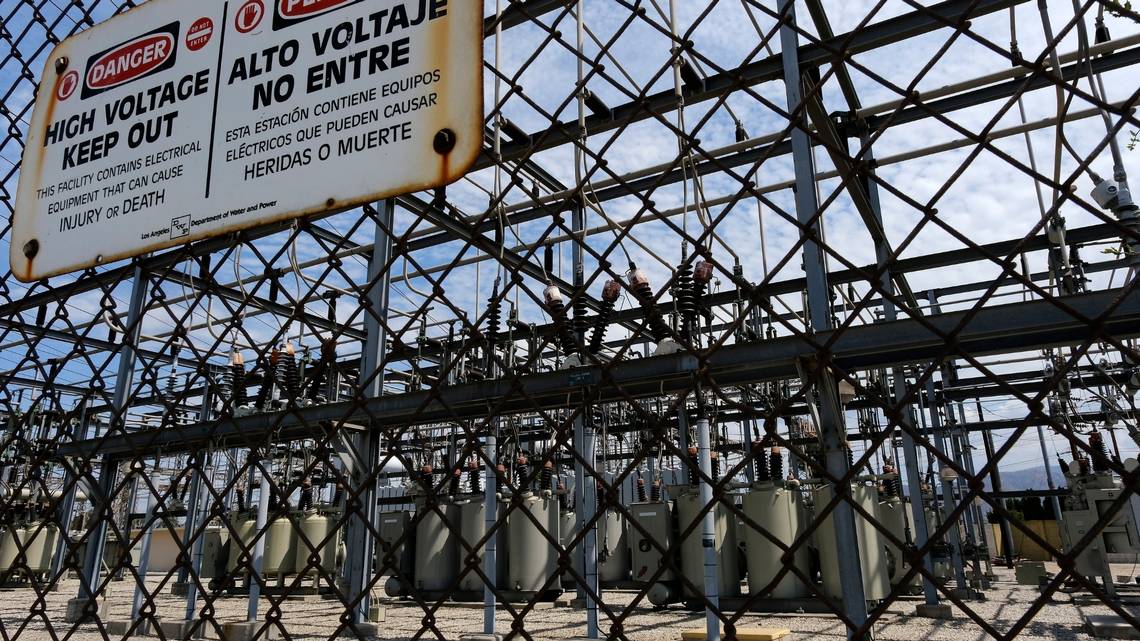California readies to prevent blackouts, but threats remain
ADAM BEAM, 19 May 2021
 California’s top energy regulators on Tuesday said the state is better prepared to avoid last summer’s rotating blackouts, but they cautioned the power grid of the nation’s most populous state is still vulnerable to extreme heat waves that could force more outages later this year.
California’s top energy regulators on Tuesday said the state is better prepared to avoid last summer’s rotating blackouts, but they cautioned the power grid of the nation’s most populous state is still vulnerable to extreme heat waves that could force more outages later this year.
State officials say they have acquired an additional 3,500 megawatts of capacity ahead of a likely scorching summer that threatens to increase demand beyond what the grid can handle. That includes an additional 2,000 megawatts of batteries designed to store energy generated from renewable sources — like solar — that stop working when it gets dark.
In general, one megawatt of energy is enough to power hundreds of homes, depending on how it is generated. Continue reading “Article: California readies to prevent blackouts, but threats remain”

 James S. Chanos (born December 24, 1957) is an American investment manager. He is president and founder of Kynikos Associates, a New York City registered investment advisor focused on short selling. A noted art collector, he appeared on the BBC Four documentary The Banker’s Guide to Art.
James S. Chanos (born December 24, 1957) is an American investment manager. He is president and founder of Kynikos Associates, a New York City registered investment advisor focused on short selling. A noted art collector, he appeared on the BBC Four documentary The Banker’s Guide to Art.